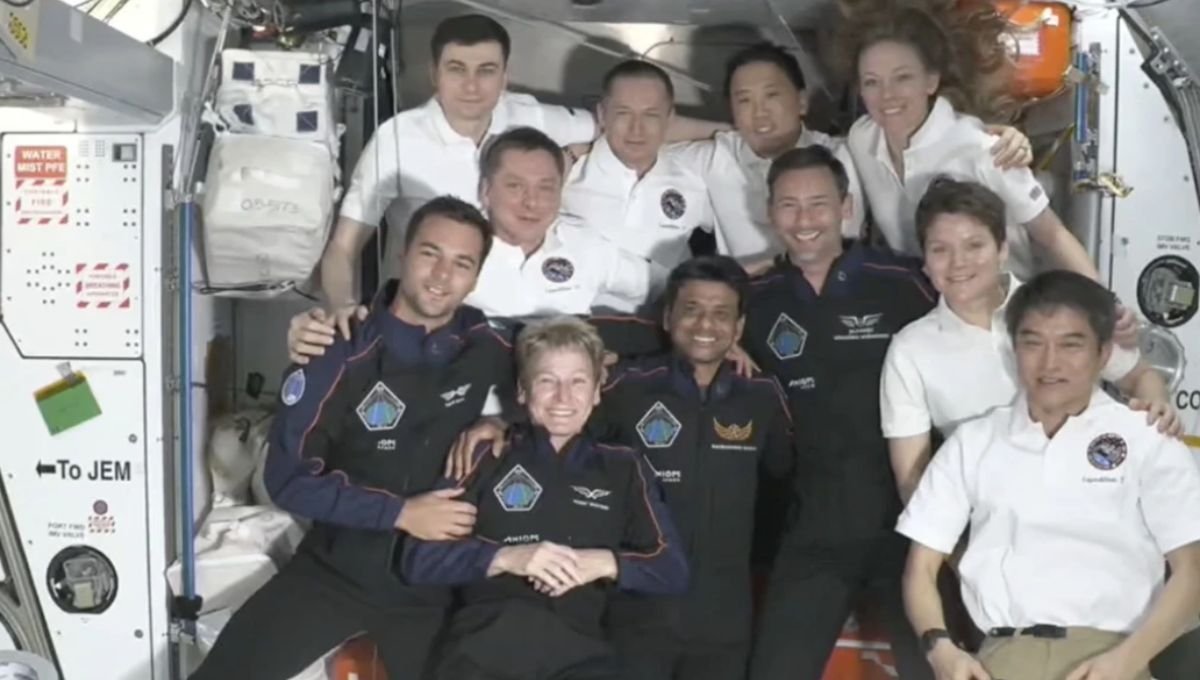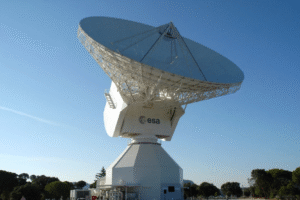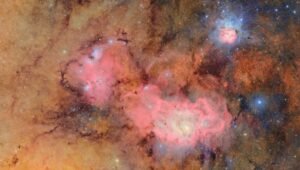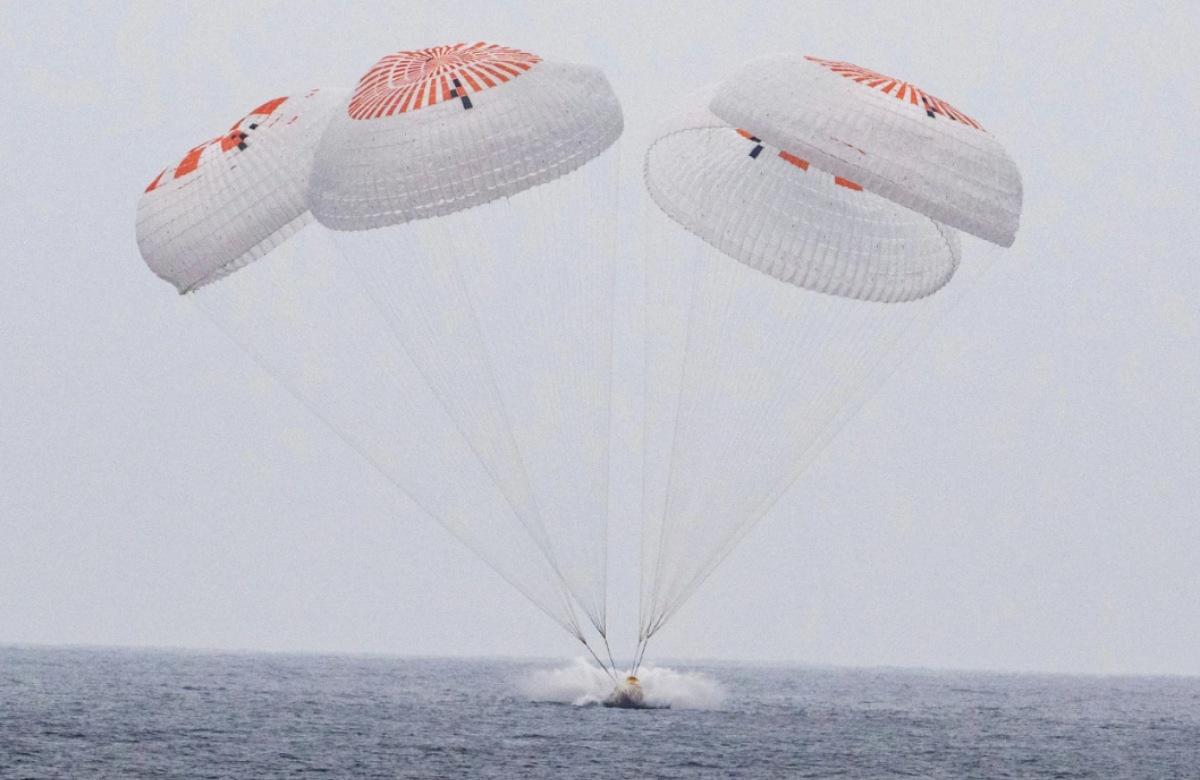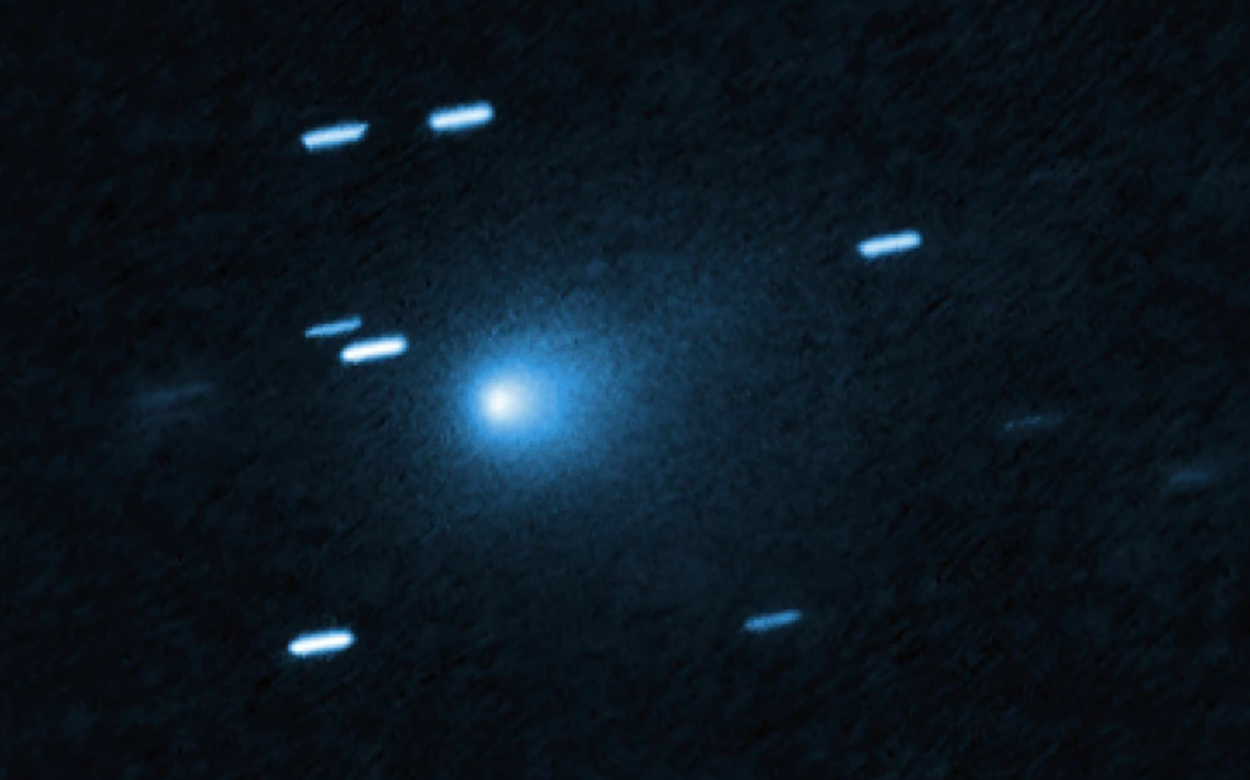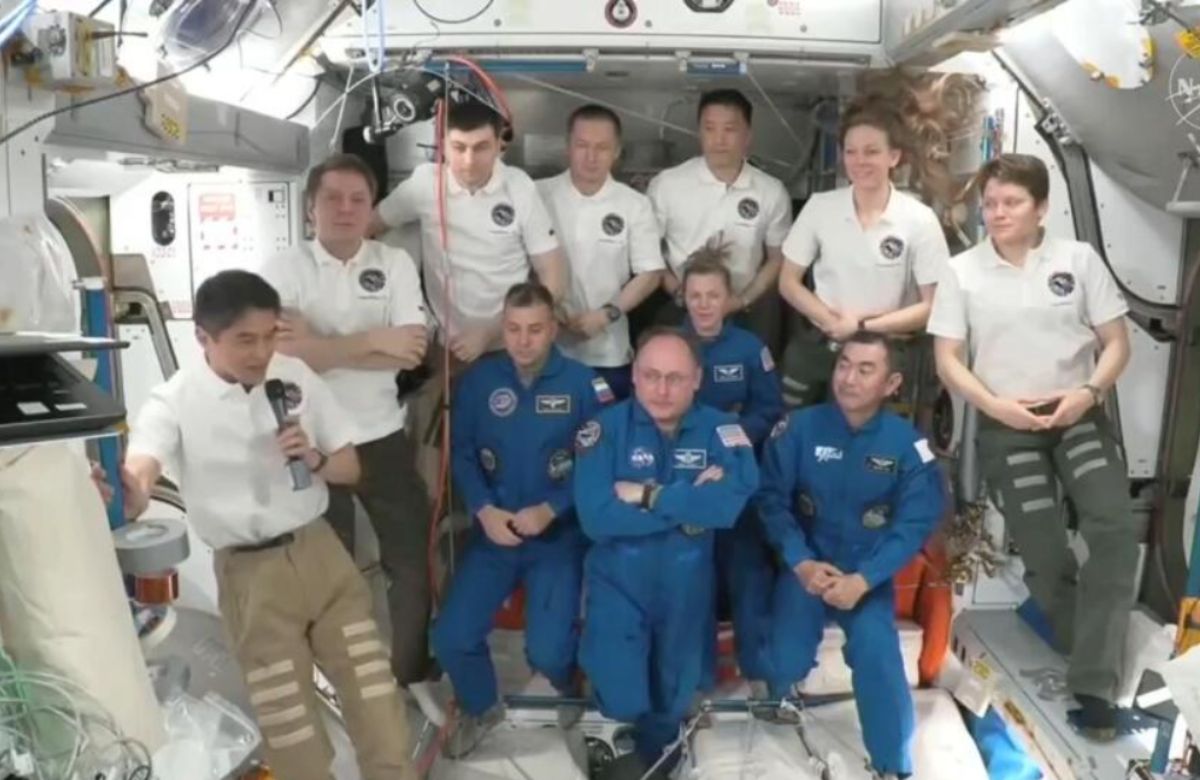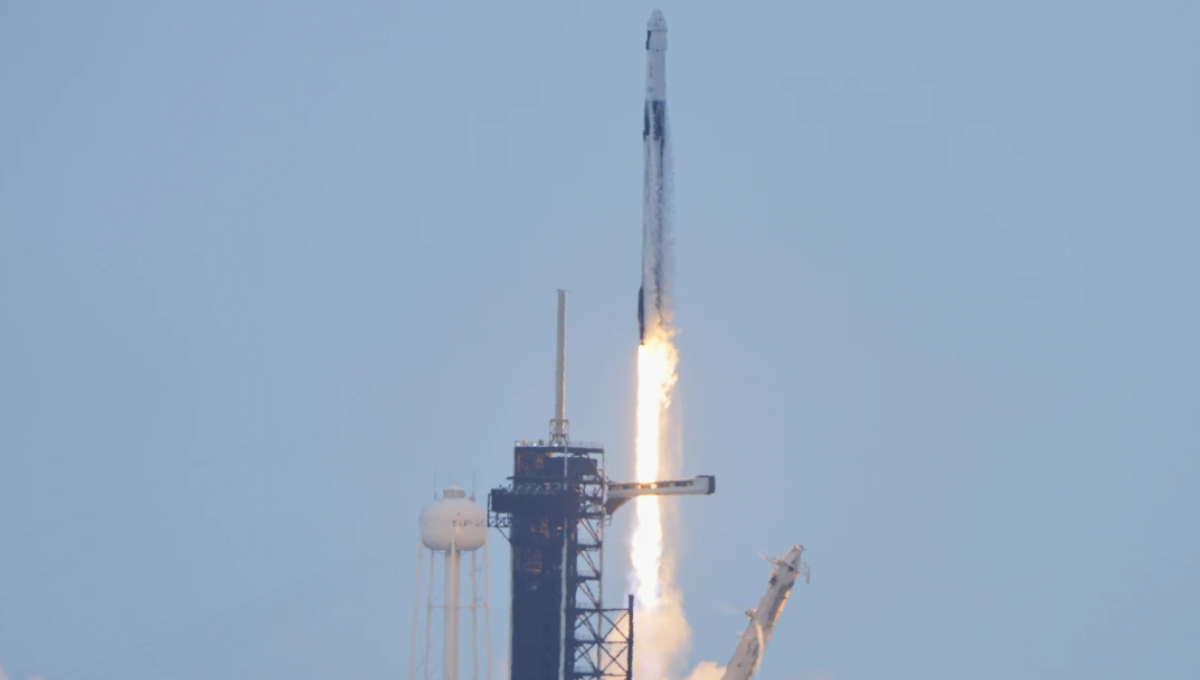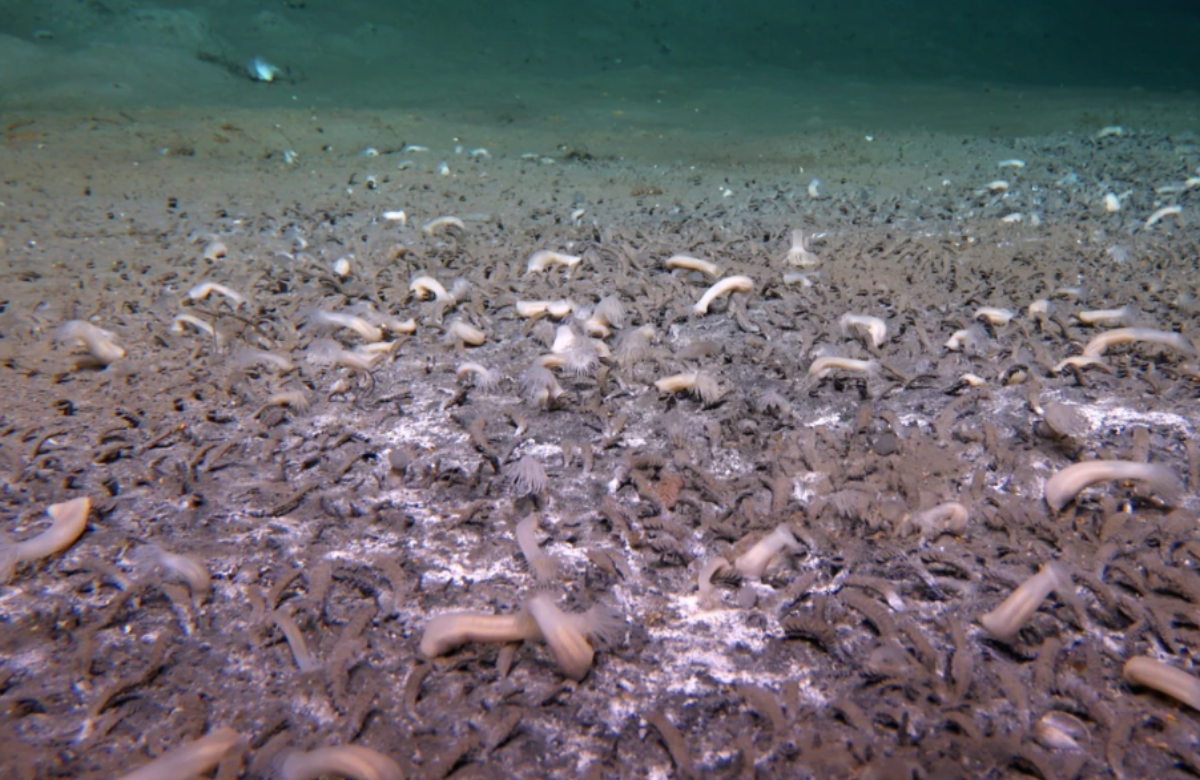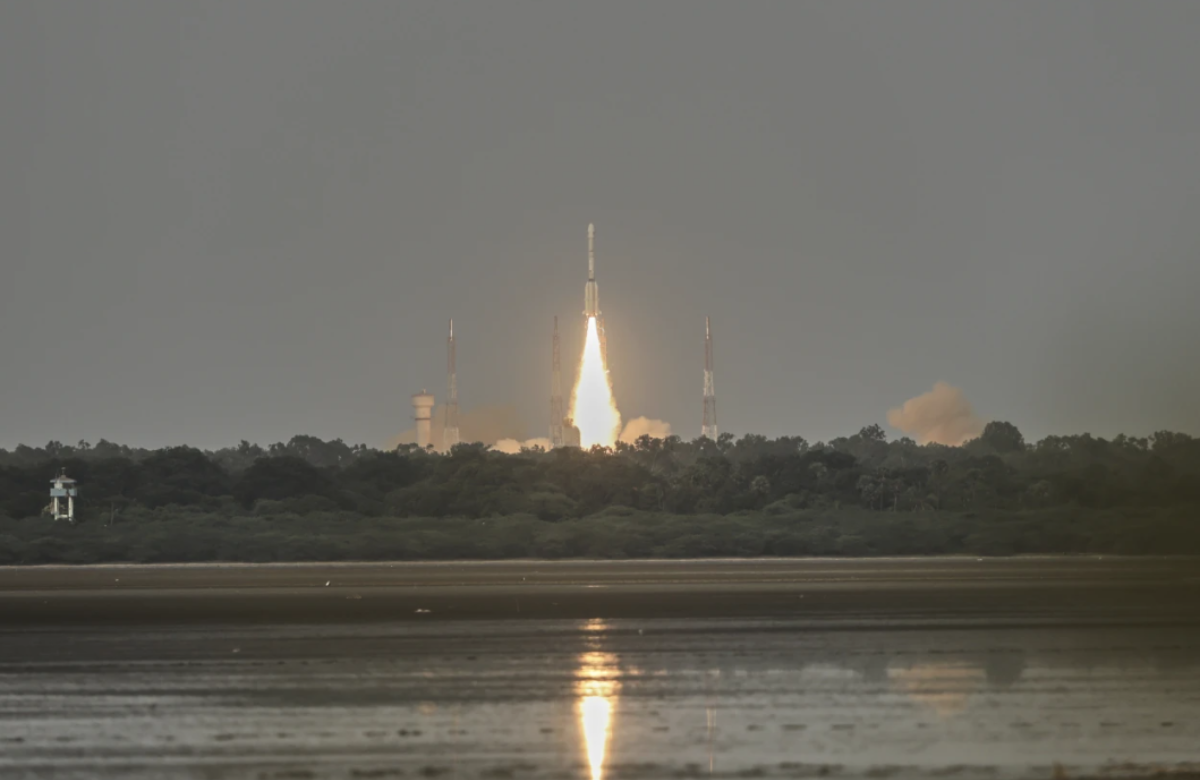Astronauts from India, Poland, and Hungary—marking the first from their countries in over 40 years—arrived at the International Space Station (ISS) on Thursday aboard a private SpaceX flight. The four-member crew will spend two weeks on the orbiting laboratory conducting numerous experiments after launching Wednesday from NASA’s Kennedy Space Center.
Leading the team is Peggy Whitson, America’s most experienced astronaut and an employee of Axiom Space, the Houston-based company that organized the chartered flight. Alongside her are Shubhanshu Shukla, a pilot in the Indian Air Force; Tibor Kapu, a mechanical engineer from Hungary; and Slawosz Uznanski-Wisniewski, a radiation specialist from Poland who is currently on temporary assignment from the European Space Agency.
This marks a historic moment, as no astronauts from these countries have visited the ISS before. The last time individuals from India, Poland, or Hungary traveled to space was decades ago in the late 1970s and 1980s on Soviet missions.
Upon arrival, the new crew greeted the station’s seven full-time astronauts with hugs and handshakes, sharing celebratory drinks through straws. The station now hosts astronauts from six different nations: four Americans, three Russians, and one each from Japan, India, Poland, and Hungary.
Kapu highlighted the expanding diversity aboard the ISS, noting that seven of the 11 astronauts there are on their first spaceflight. Uznanski-Wisniewski expressed his commitment to representing his country well, while Shukla described the experience as “fantastic” and “wonderful.”
Japan’s Takuya Onishi, the ISS commander, warmly welcomed the visitors, remarking on how long he had been awaiting their arrival. Whitson also mentioned the extended quarantine period the new crew endured before launch, which began on May 25 and was prolonged due to repeated delays caused by safety checks—particularly monitoring a recent leak repair on the Russian segment of the station.
This mission is the fourth chartered flight to the ISS arranged by Axiom Space since 2022. As NASA plans to retire the International Space Station by 2030 after more than 30 years of operation, it is encouraging private companies like Axiom, which are developing their own space stations, to take on future roles in human spaceflight.
